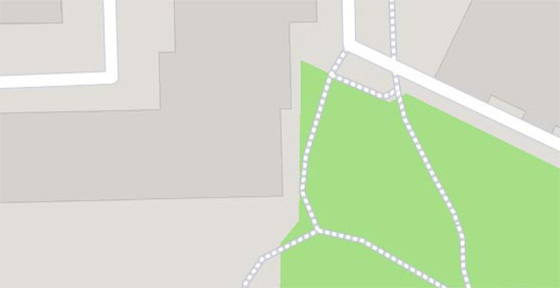The museum is housed in a historic 18th-century granary. The collected collections present the multinational heritage of the borderlands. You can learn about the history of the Lubaczów region and local folk culture, as well as see works of sacred art related to Latin, Byzantine-Ukrainian and Catholicism of the rite. There is also a collection of representative and epitaphic Sarmatian portraits, 19th century graphics and a rich and valuable collection of Polish contemporary drawings. Exhibits are kept in the historical, archaeological, artistic, ethnographic and wooden construction and library departments.
The institution was established in 1958 as the Social Regional Museum, thanks to the efforts of social activist and educator Włodzimierz Czernecki. In 1967 it was taken over by the Polish Tourism and Sightseeing Society. In 1981, the museum was nationalized, and five years later moved to its current headquarters. Organizes temporary exhibitions, conducts educational and publishing activities.
A branch of the museum is the church complex in Radruż.
Attractions inside




